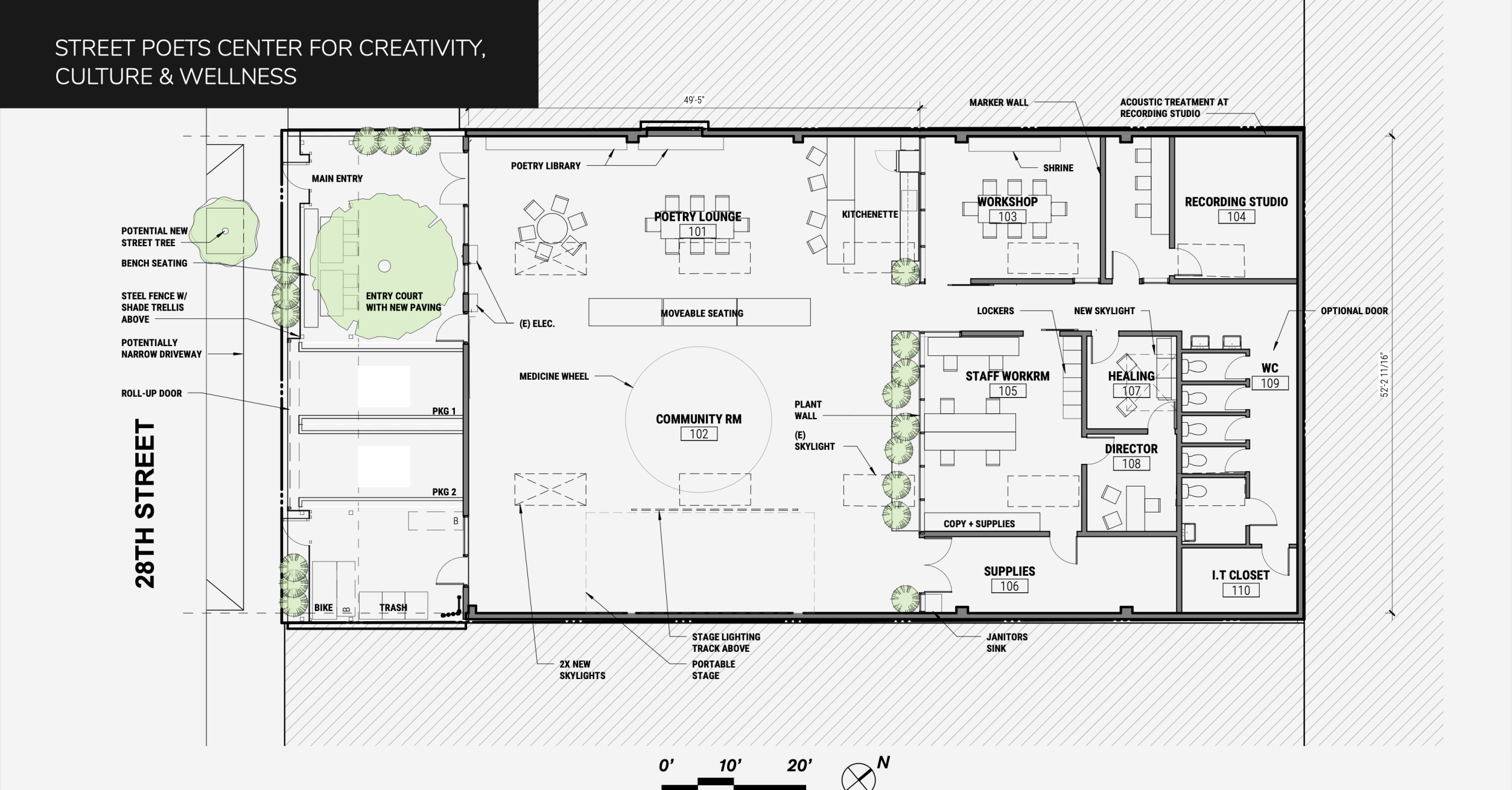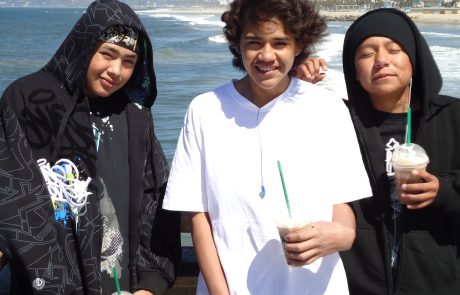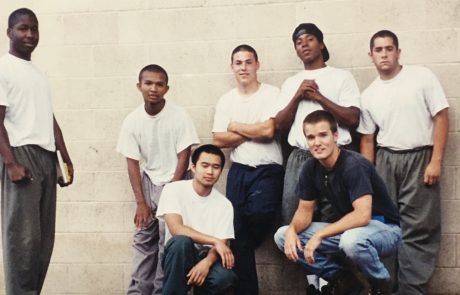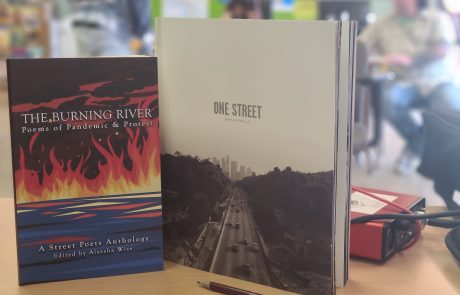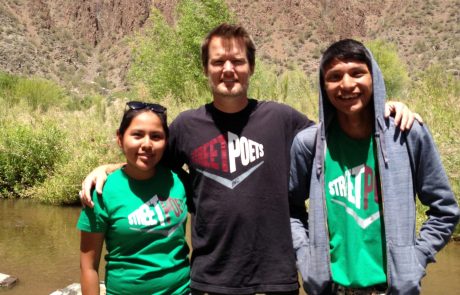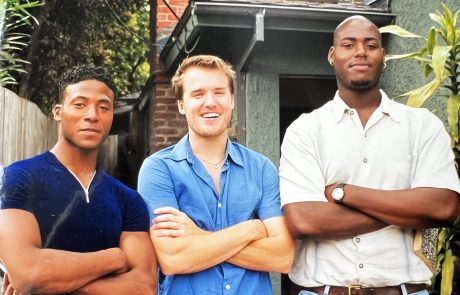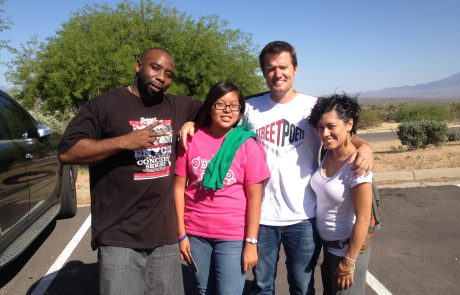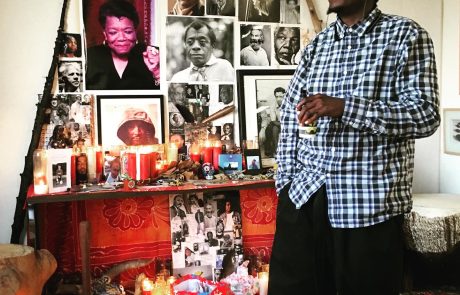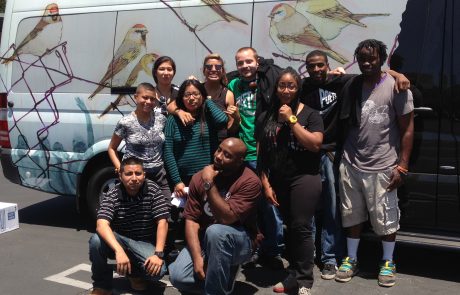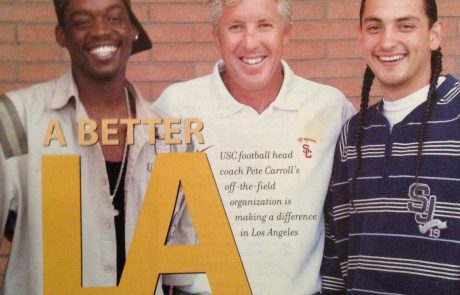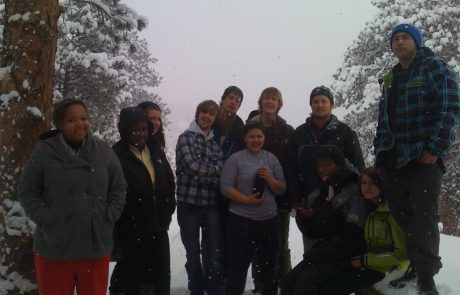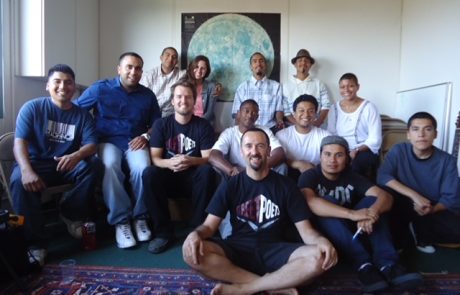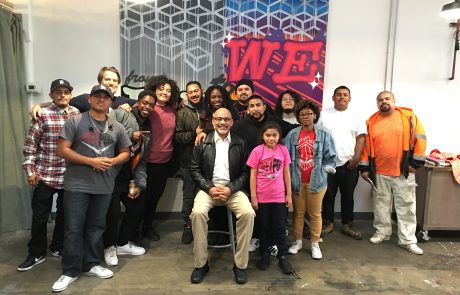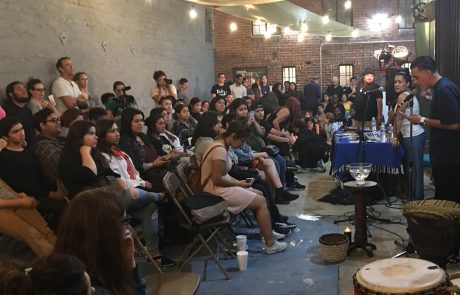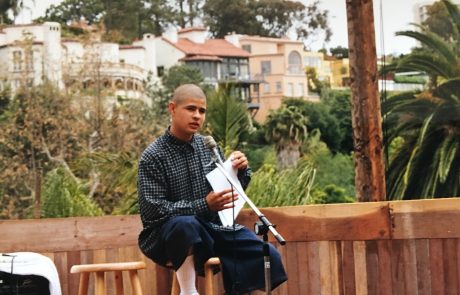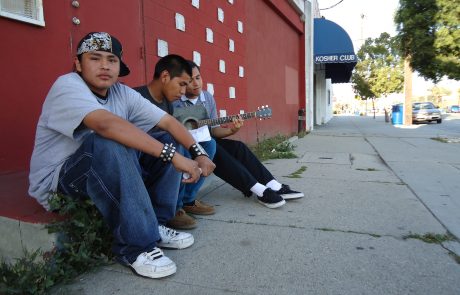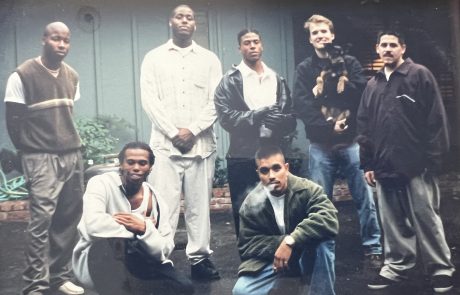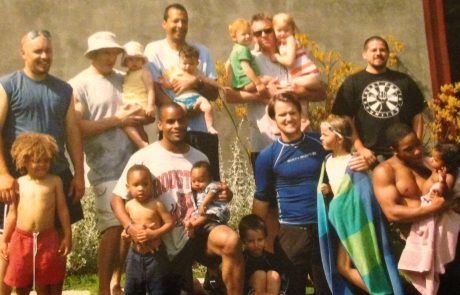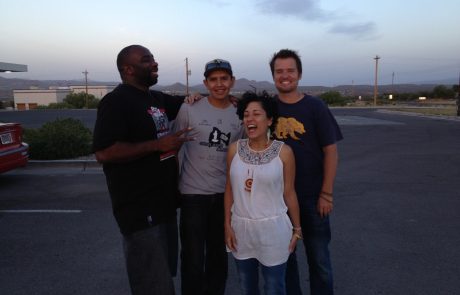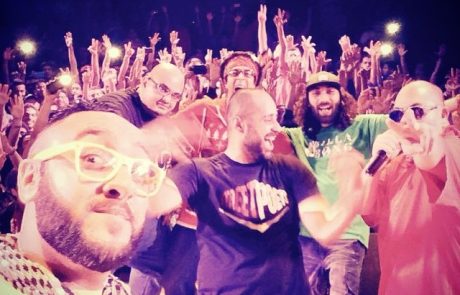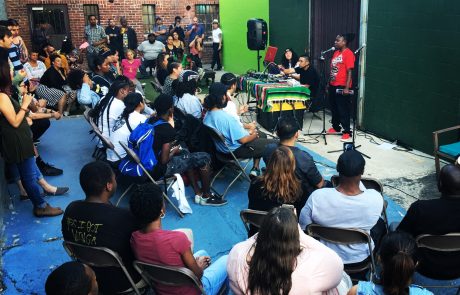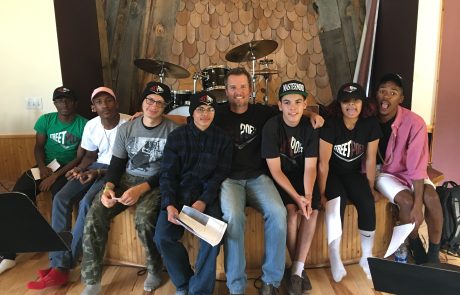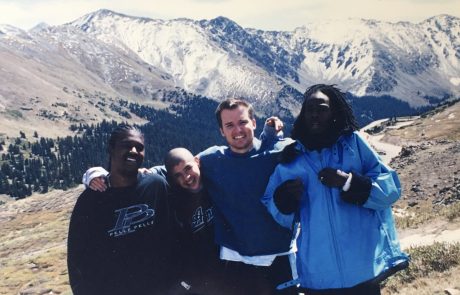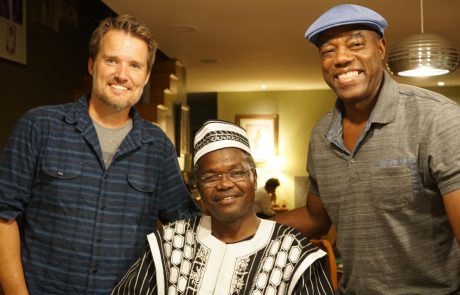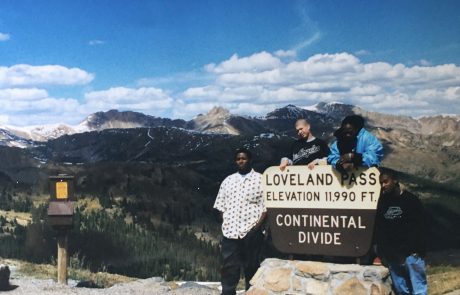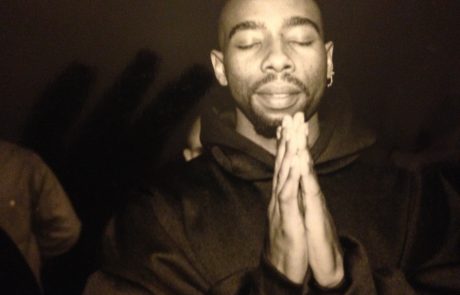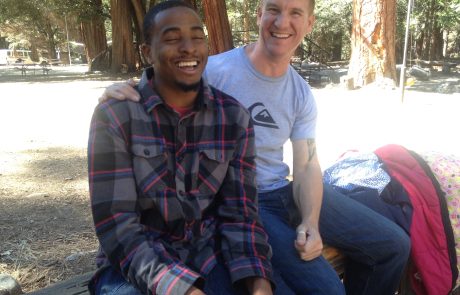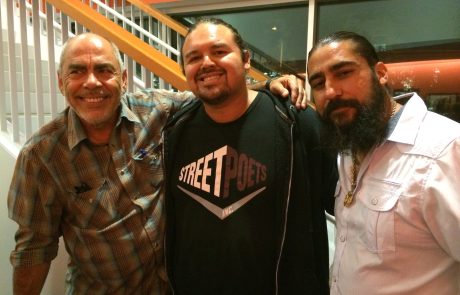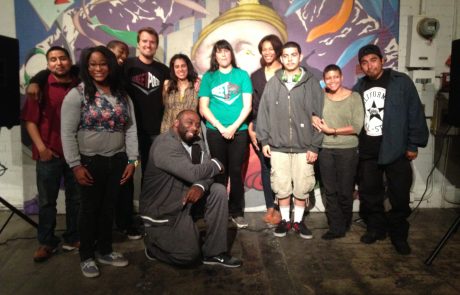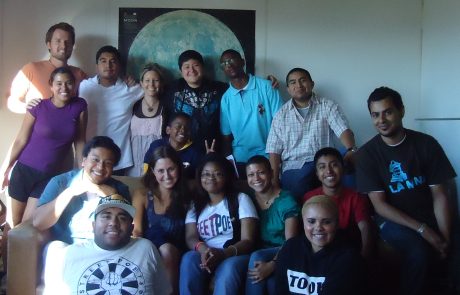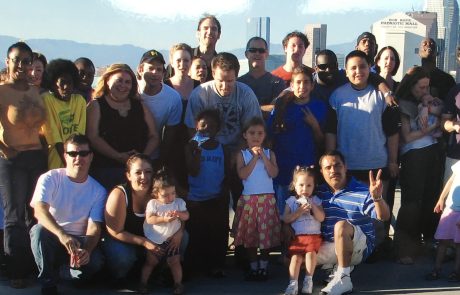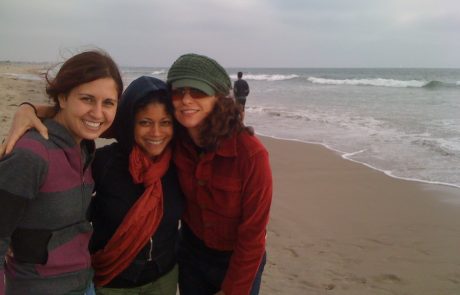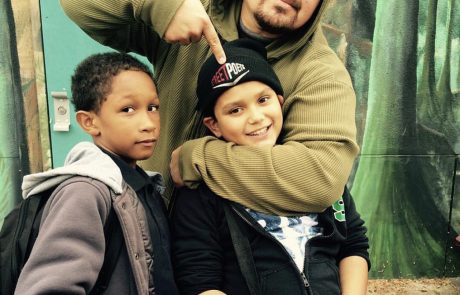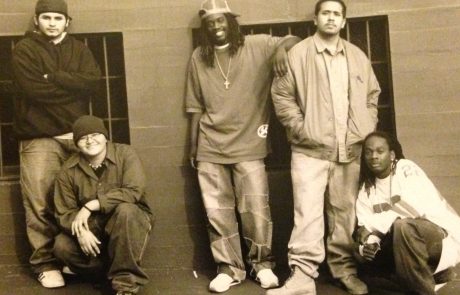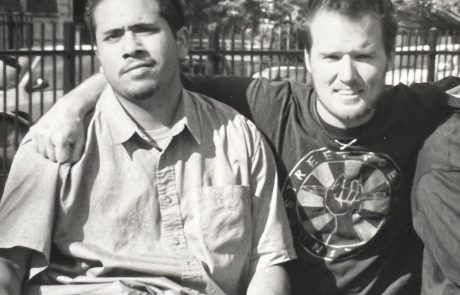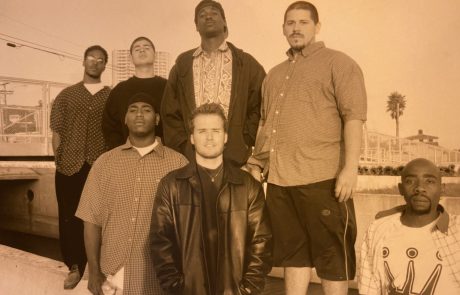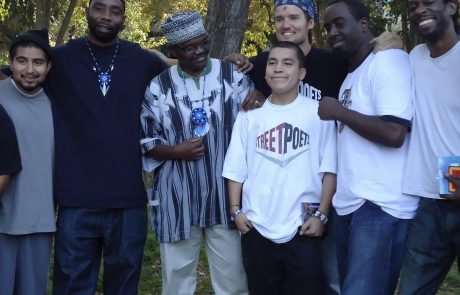
Street Poets harnesses the healing power of poetry and music to build community and inspire our next generation to write, rap and dream a new world into being for us all.
Street Poets breaks the cycle of violence in the lives of system-impacted youth and young adults, awakening them to their gifts.
Street Poets builds creative communities, bringing youth, adults and elders of diverse backgrounds into deep transformational relationship.
Street Poets consults and collaborates with other organizations and communities to inspire both individual and systemic change, transforming our culture from one too often driven by fear to one that celebrates healing and the creative process.
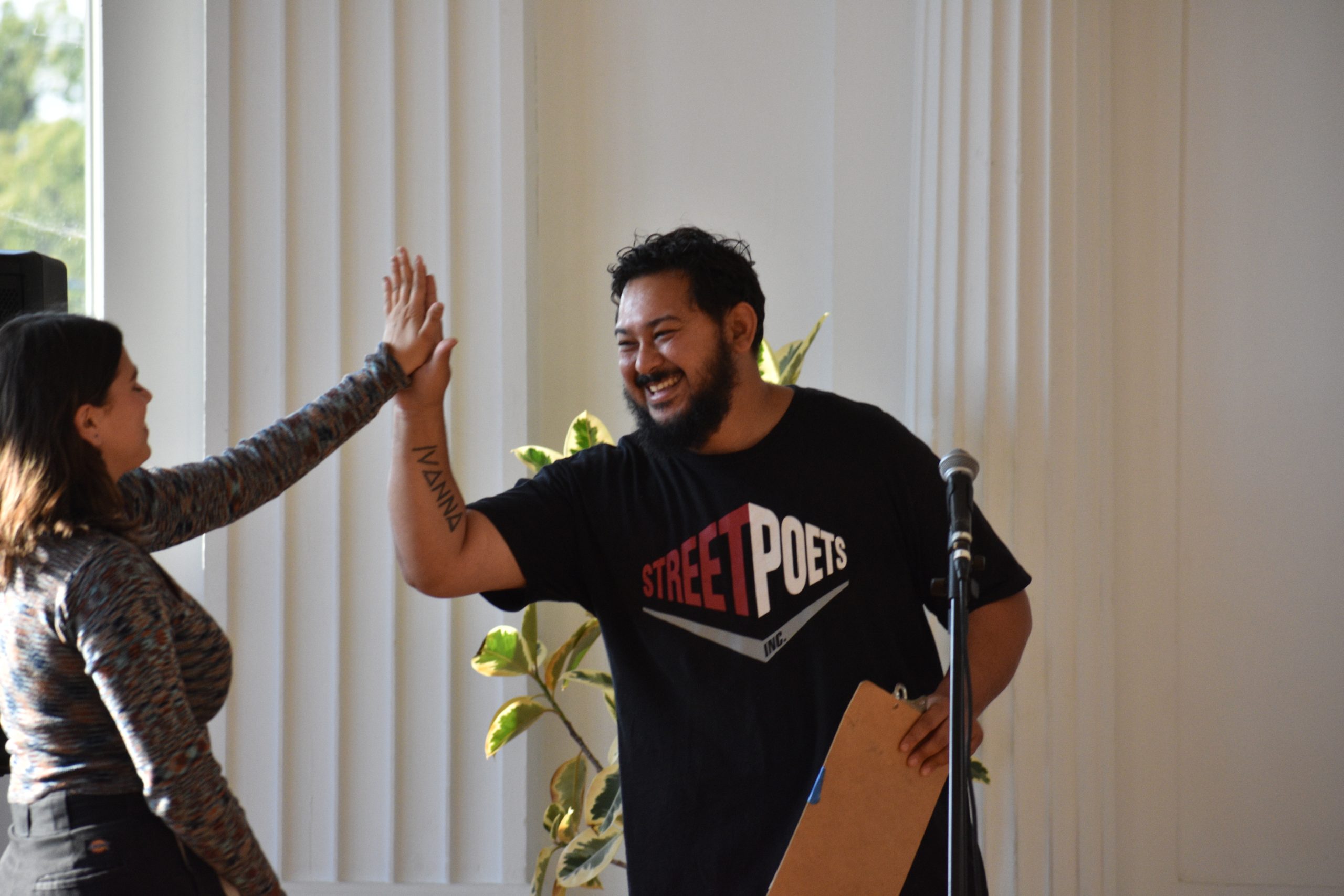

We envision a circular society that reflects the balance, diversity and creativity of the natural world, and cultivates the seeds of imagination and compassion in our next generation of change-makers.
Street Poets aims to restore balance to ourselves and the world, by stepping through our fears to embrace the gifts that too often lie dormant beside our deepest wounds. Thus, freeing ourselves from cycles of addictive consumption, violence, despair and destruction.
Our Street Poets embrace the truth that there is an indigenous soul that lives within each of us, that remembers what it feels like to exist in harmony with the earth, and that can see beyond the surface of things. We believe that, buried in our bones, there are ancient solutions to most modern problems. Street Poets’ ultimate mission is to liberate those solutions.

The seed of Street Poets Inc. was planted in 1995, when our Founder and former Executive Director, Chris Henrikson, began voluntarily teaching a poetry workshop at Camp Miller, a Los Angeles County Probation camp for boys. That class took root, and before long there was a waiting list of young men eager to join.
Over the next three years, the alumni network from that weekly writing circle grew to include more than 100 formerly incarcerated youth. Six of those young men linked up with Chris to form Street Poets United, a performance group whose first public show took place in 1998 at the Los Angeles Theatre Center. Soon after, they were lighting up microphones and bullhorns at restorative justice conferences, education reform rallies, schools, and churches across California. At that time, Street Poets aligned with DreamYard, a New York City-based arts education organization, to expand outreach into foster care facilities and public schools.
In 2005, Street Poets established its own California 501(c)(3) nonprofit status, paving the way for deeper, more independent impact. Since then, we’ve traveled to the San Carlos Apache and Navajo Reservations in Arizona, as well as internationally, to share our creative healing practices with youth and adults worldwide. Back home in Los Angeles, Street Poets expanded its presence in middle and high school classrooms, and launched the Poetry in Motion van to bring pop-up music and poetry events directly into parks and housing communities.
In 2015, we co-founded the Arts for Healing & Justice Network alongside five other visionary organizations, advocating for arts-based intervention and system change throughout Los Angeles County and beyond. Today, the network has grown to more than 20 member organizations.
While Camp Miller has since closed its doors for good, the alumni from our earliest writing circles continue to inspire and help build community-based alternatives to the system that once held them.
Under the leadership of Executive Director Shanae Sharon—a passionate advocate for social justice and arts education—Street Poets is entering an exciting new chapter. Our creative work with youth has grown beyond poetry to encompass music, film, Hip Hop theater, alongside new wellness programming. Each program is deeply rooted in our youth development approach, shaped by the diverse young people we serve, and grounded in our belief in the power of storytelling.

The New Building!
Building on our strong foundation of creative healing and community transformation, we are proud to announce the upcoming Street Poets Center for Community, Culture & Wellness in South Los Angeles, slated to open in 2025. This dedicated space will serve as a hub for youth creative expression, healing, and community building—fulfilling a vision planted decades ago in a probation camp classroom.


